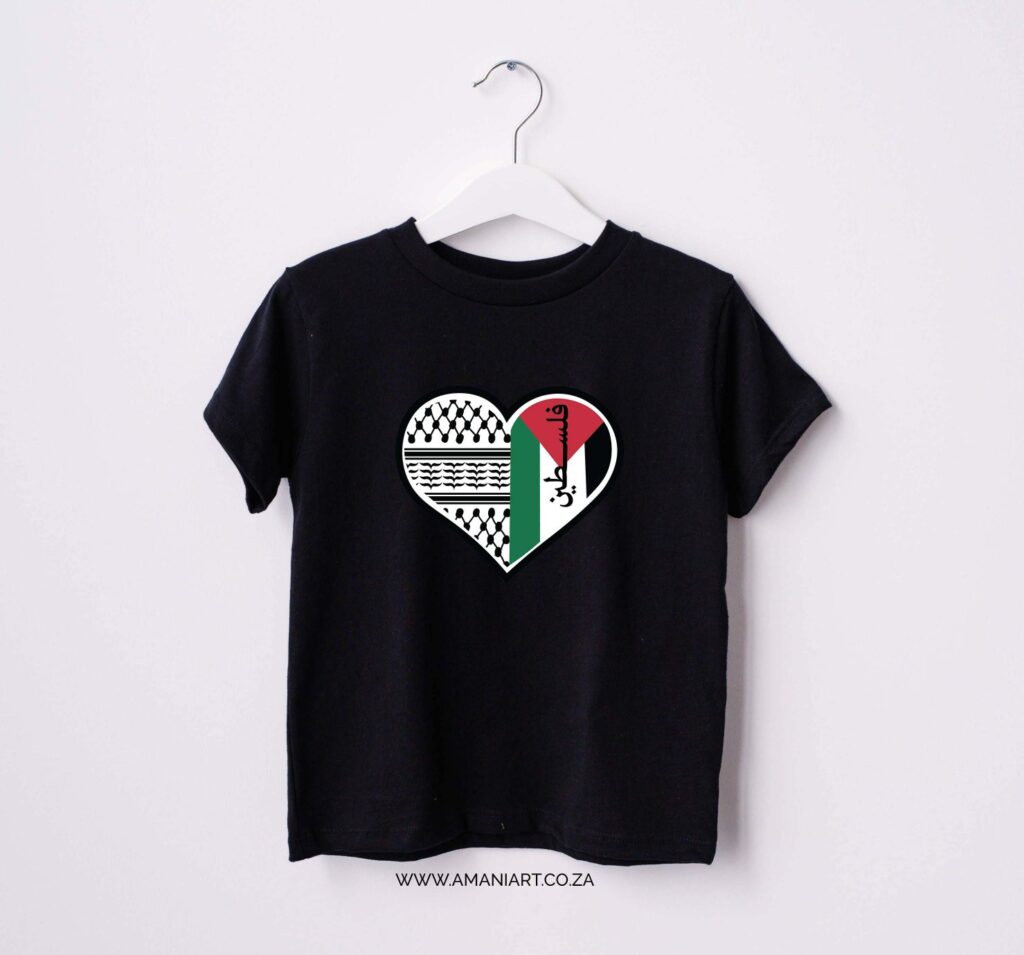
Introduction
The topic of Palestine is of significant importance both historically and in contemporary global affairs. The region’s complex history, coupled with its ongoing conflicts, shapes discussions on sovereignty, human rights, and international relations. As political tensions continue with recent escalations, understanding Palestine’s past and present is vital for comprehending not just regional dynamics, but also global geopolitics.
Historical Context
Palestine has a long and rich history, regarded as a cultural crossroads with significance to Judaism, Christianity, and Islam. Following the Ottoman Empire’s dissolution after World War I, the League of Nations granted Britain the mandate over Palestine. The subsequent Balfour Declaration in 1917 promising support for a Jewish homeland exacerbated tensions between Jewish and Arab populations. These historical foundations laid the groundwork for the establishment of Israel in 1948, an event marked by conflict and the displacement of approximately 700,000 Palestinians, an event referred to as the Nakba or ‘catastrophe.’
Recent Developments
In recent months, Palestine has witnessed heightened tensions, especially in the Gaza Strip and West Bank. A series of confrontations has erupted between Palestinian groups and Israeli forces, leading to significant casualties and drawing international attention. The United Nations reports that violence has surged, with battles leading to widespread destruction and humanitarian crises.
Meanwhile, diplomatic efforts, including discussions of a two-state solution, face persistent hurdles. Recent U.S.-brokered talks aimed at fostering peace have seen limited success, further complicated by internal Palestinian political divisions, such as the rift between Hamas in Gaza and the Palestinian Authority in the West Bank.
The Significance for Readers
Understanding the current events in Palestine is crucial for Canadian readers as Canada plays an active role in various international efforts to mediate peace in the region. Public opinion in Canada about foreign policy regarding Israel and Palestine is diverse, illustrating the complexity of international relations shaped by historical narratives and current conflicts.
As the situation unfolds, it is imperative for readers to stay informed and engage in dialogues that foster understanding and empathy. The future of Palestine remains uncertain, but informed and aware citizens can contribute to discussions around potential resolutions for the continuous struggle for peace and justice.



